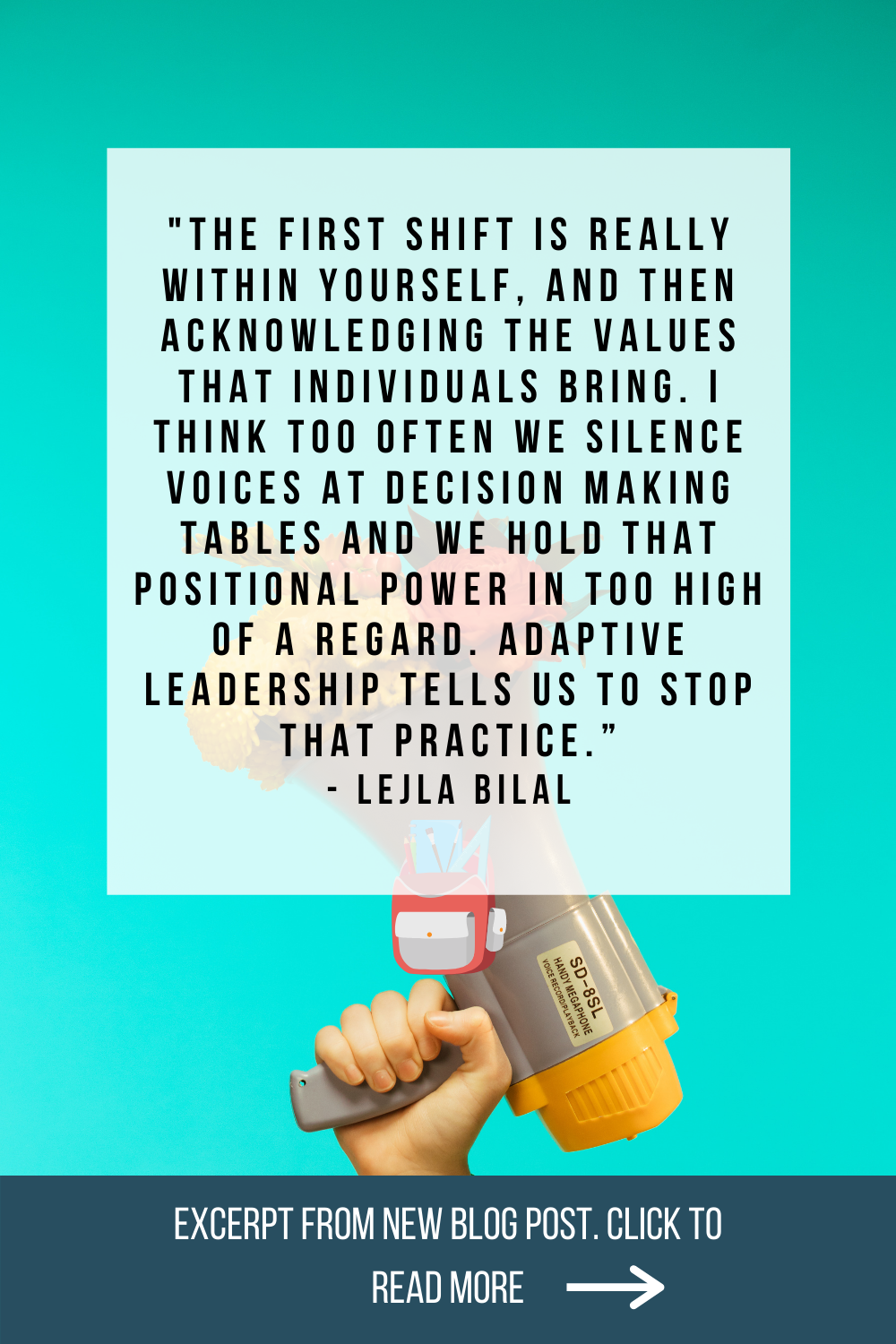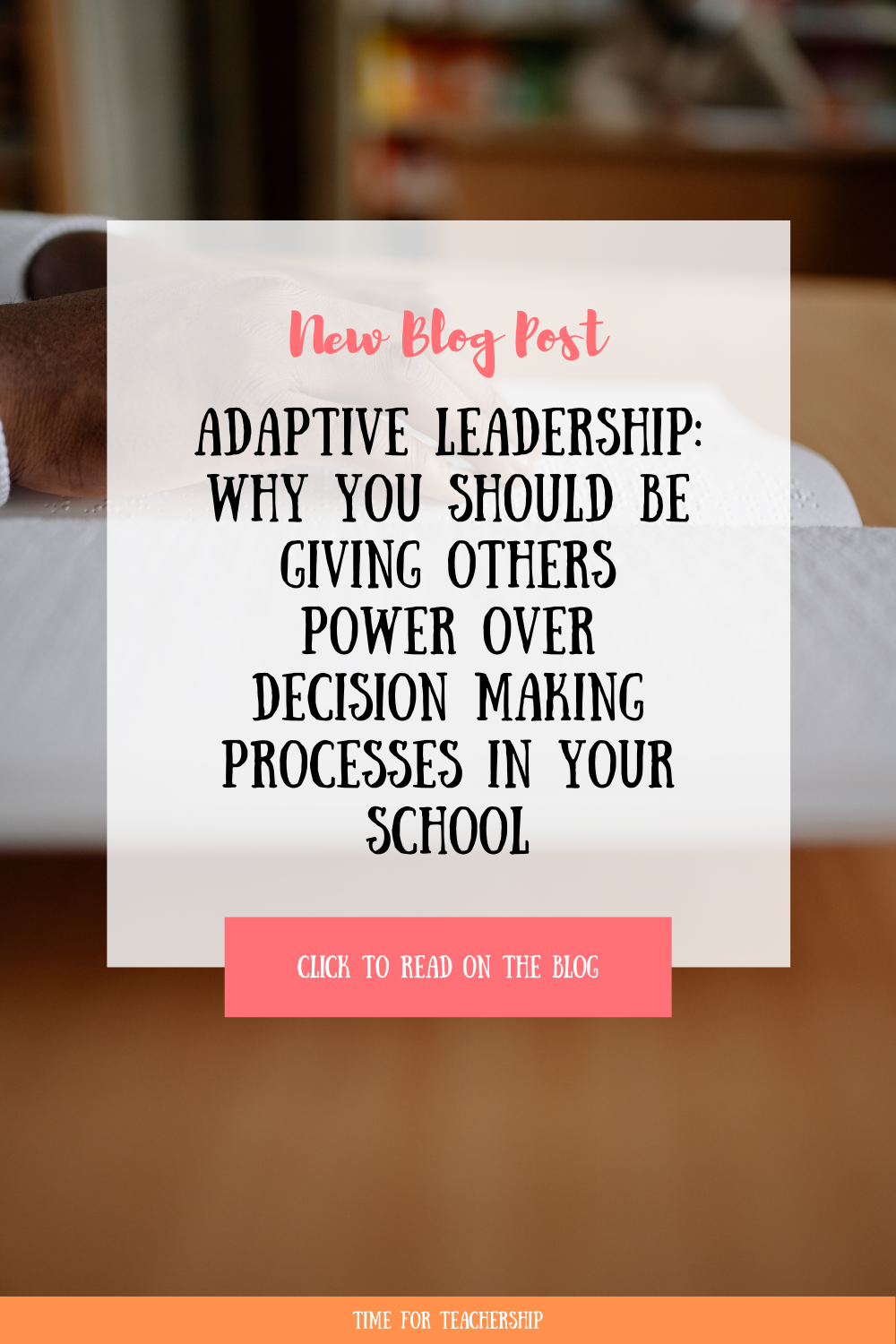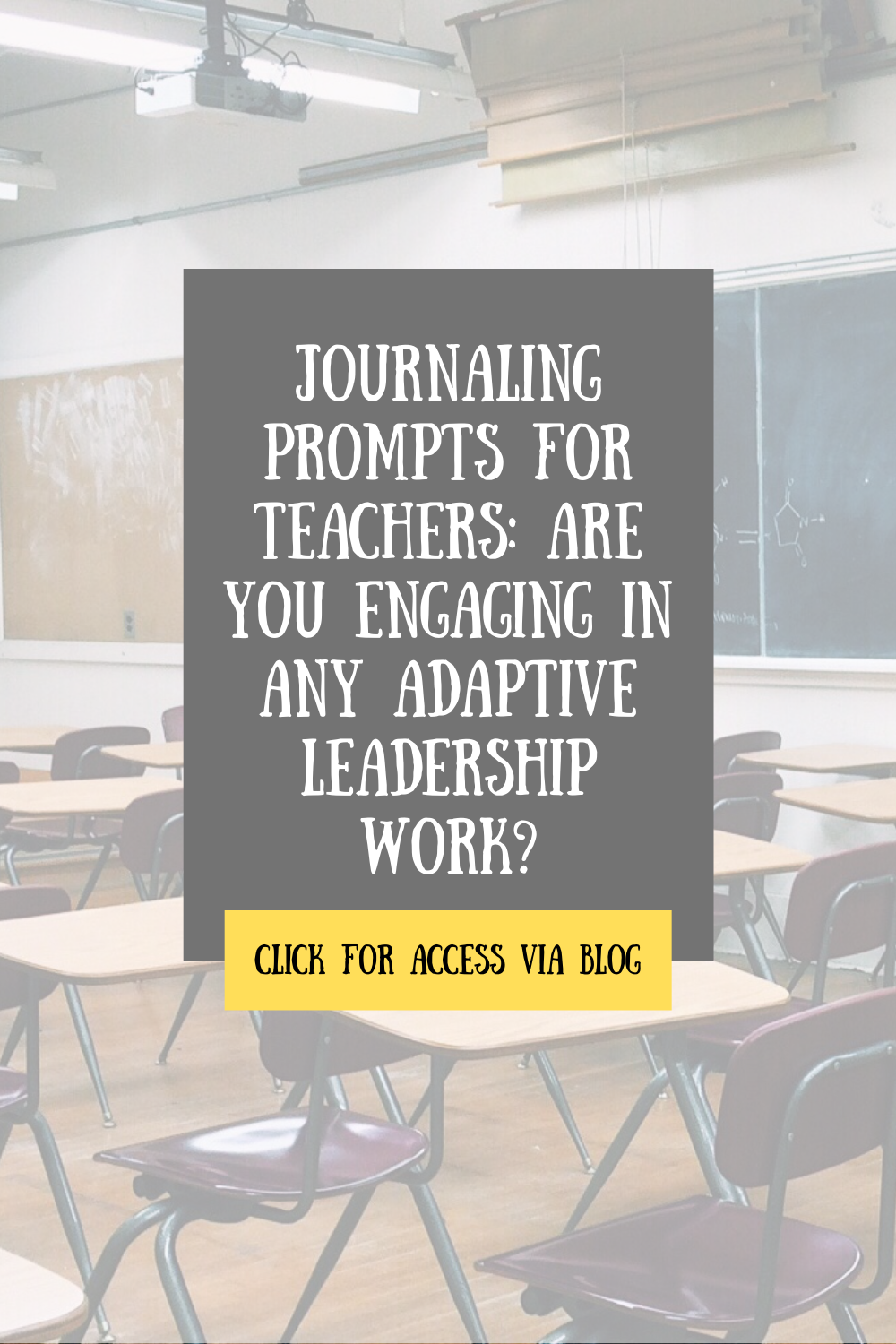
Listen to the episode using the above player or by clicking the link to your preferred podcast platform below:
Lejla Bilal Maley currently works as a manager of product at McGraw Hill International. She is also a co-founder and consultant at Transform·Ed Collaborative. She has seven years of ESL and foreign language teaching experience in the K-12 and Higher Education setting, including The Ohio State University in Columbus, Ohio, where she resides. She holds a Bachelor’s in Linguistics, a Master’s in Applied Linguistics and TESOL and a Ph.D. in Leadership and Change. Her research focus is on global virtual teams (GVTs) and the experience of teaming at a distance. She regularly presents at international conferences on education leadership, global virtual teaming, and team science. Her publications include topics such as professional learning communities, adaptive leadership, and team science. She is the Past President of the Ohio TESOL (Teachers of English to Speakers of Other Languages). Her hobbies include walks and hikes with Skywalker, her pup, listening to podcasts, and traveling with friends and family. Adaptive leadership is necessary when addressing long-standing challenges that have no easy solution. This often typically involves a leader working together with their school community to find solutions to such challenges. As a group, so much can be accomplished such as eliminating practices, policies, or norms that do not stand to benefit everyone within the group or setting. Adaptive leadership asks us to identify our own biases and inequitable practices first because the inner work enables change on a larger scale. Adaptive leaders are always open to feedback, even if it’s critical. They show that they’re willing to make students, teachers, and faculty feel heard and given fair opportunities. This model is a way to stop going after buy-in from stakeholders. It is more effective and takes some of the pressure off of your shoulders as a school leader. You’re more likely to get ideas and solutions from others that you hadn’t thought of before. It also shows that you aren’t simply doing what you think is best for everyone else but actually doing what others say is more equitable. Stakeholders feel valued when you create space at the table for everyone. As a result, schools actually make better decisions than when leaders try to make important decisions on their own. “So really it's engaging in a collective process of identifying value that others bring, once you can understand that within yourself. And then two, I think it's the need to invite stakeholders across many different aisles to take part in the work that's identified. Once we can lay down our egos, our experience, our authority, anything that creates power, and this distance of expertise, then we can have a real conversation about what truly are the challenges we're facing here and what sort of learning is required to even tackle these challenges.” A 2016 Center on Education Policy (CEP) study found that nearly half of teachers who surveyed reported that their input is not considered in school-wide decisions and that they feel frustrated and excluded. As leaders, we know we can do much better than these numbers. It’s easy to say “It’s those other schools; my school wouldn’t reflect that.” But the truth is, we only see what we want to see. We don’t get to hear and see everything that happens in the daily setting of teachers and faculty. We can’t assume that everyone’s happy and benefitting from the things in place. It’s good to want better. There’s always room for progress in this work. Adaptive leadership teaches us that we have to take some ownership of problems that arise so that we can collectively problem solve with those that are being affected. Incorporating adaptive leadership goes hand in hand with bringing in more social justice. To promote justice, there needs to be more self-awareness. When thinking about decisions that affect the people within your school, ask yourself, who is benefitting from these things and who is not? How can I distribute some of the power that’s on my shoulders to students, teachers, and faculty? Change this significant doesn’t have to be scary. Change can be empowering! Here are Dr. Bilal's recommendations for engaging in adaptive leadership:
To continue the conversation, you can head over to our Time for Teachership Facebook group and join our community of educational visionaries. Until next time leaders, continue to think big, act brave, and be your best self.
0 Comments
Leave a Reply. |
Details
For transcripts of episodes (and the option to search for terms in transcripts), click here!
Time for Teachership is now a proud member of the...AuthorLindsay Lyons (she/her) is an educational justice coach who works with teachers and school leaders to inspire educational innovation for racial and gender justice, design curricula grounded in student voice, and build capacity for shared leadership. Lindsay taught in NYC public schools, holds a PhD in Leadership and Change, and is the founder of the educational blog and podcast, Time for Teachership. Archives
May 2024
Categories |




 RSS Feed
RSS Feed